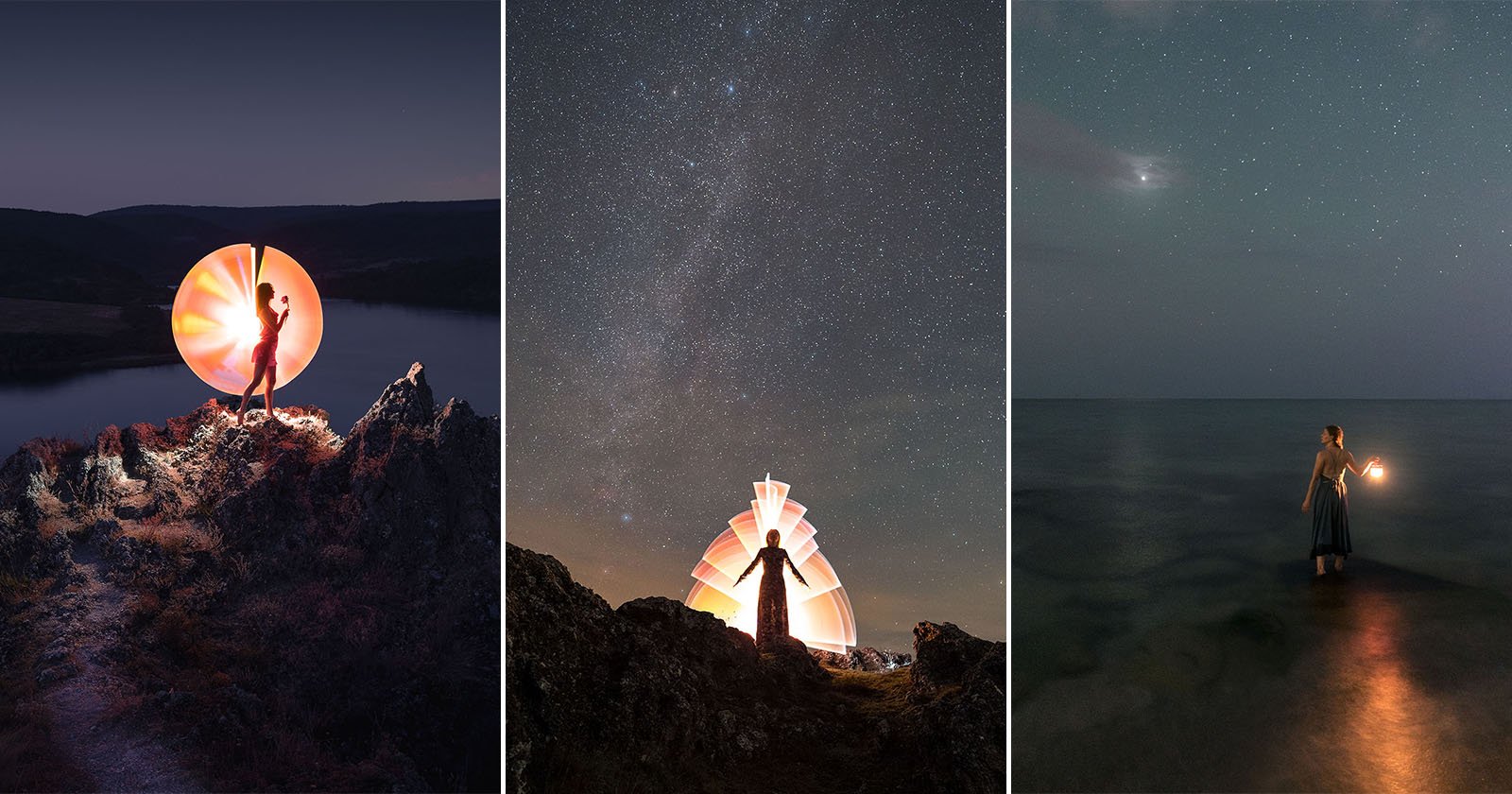
![]()
Award-winning astrophotographer Mihail Minkov is best known for his landscape images that heavily feature the night sky and the Milky Way in particular. Over the past year, Minkov has been working on a single-exposure nightscape project focused on incorporating people into his compositions.
“Let’s say it’s portrait night photography in a single shot,” Minkov tells PetaPixel of his project. “The challenge is to balance the camera settings, the model staying sharp, and the sky and Milky Way to be part of the whole image.”
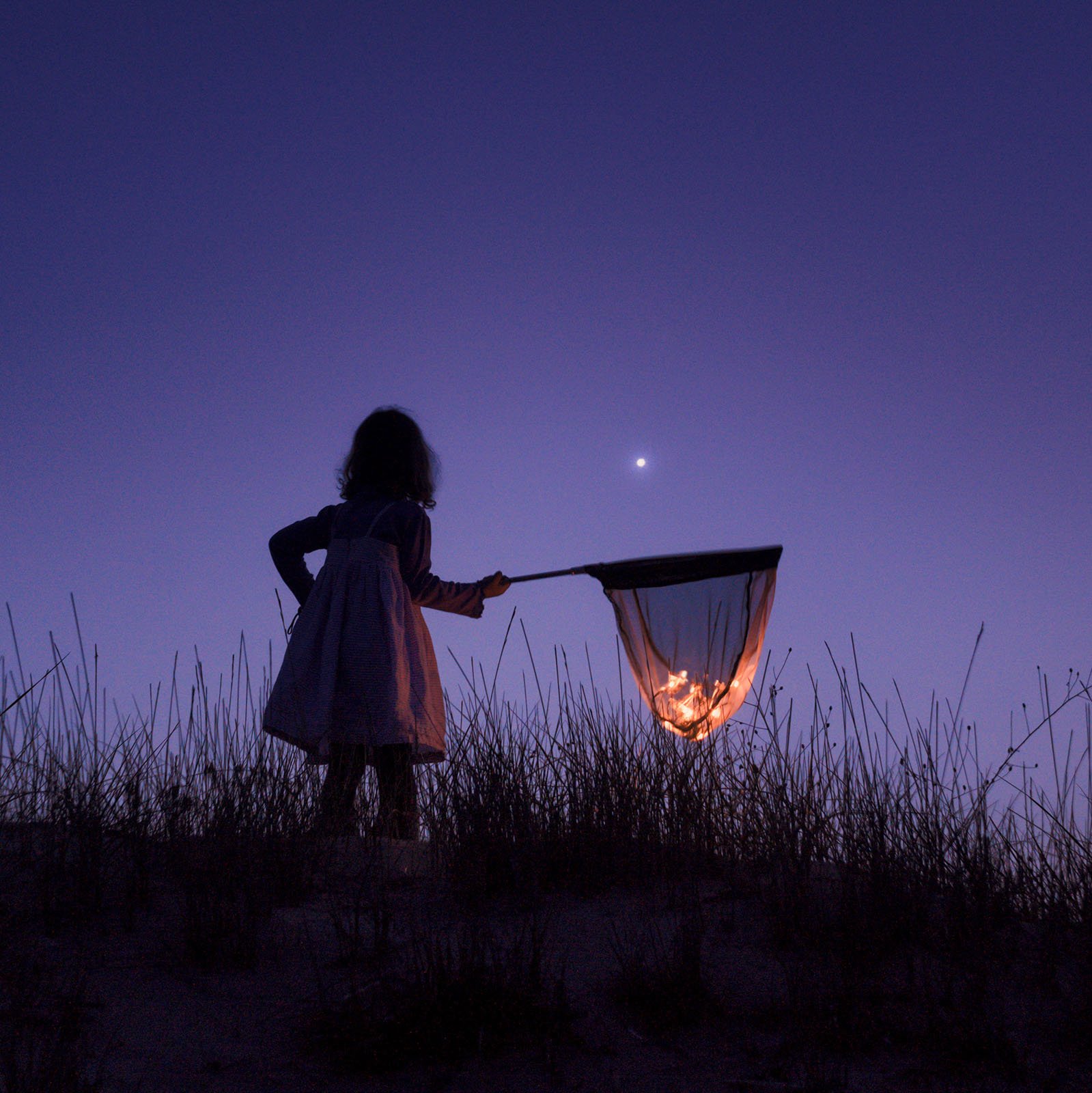
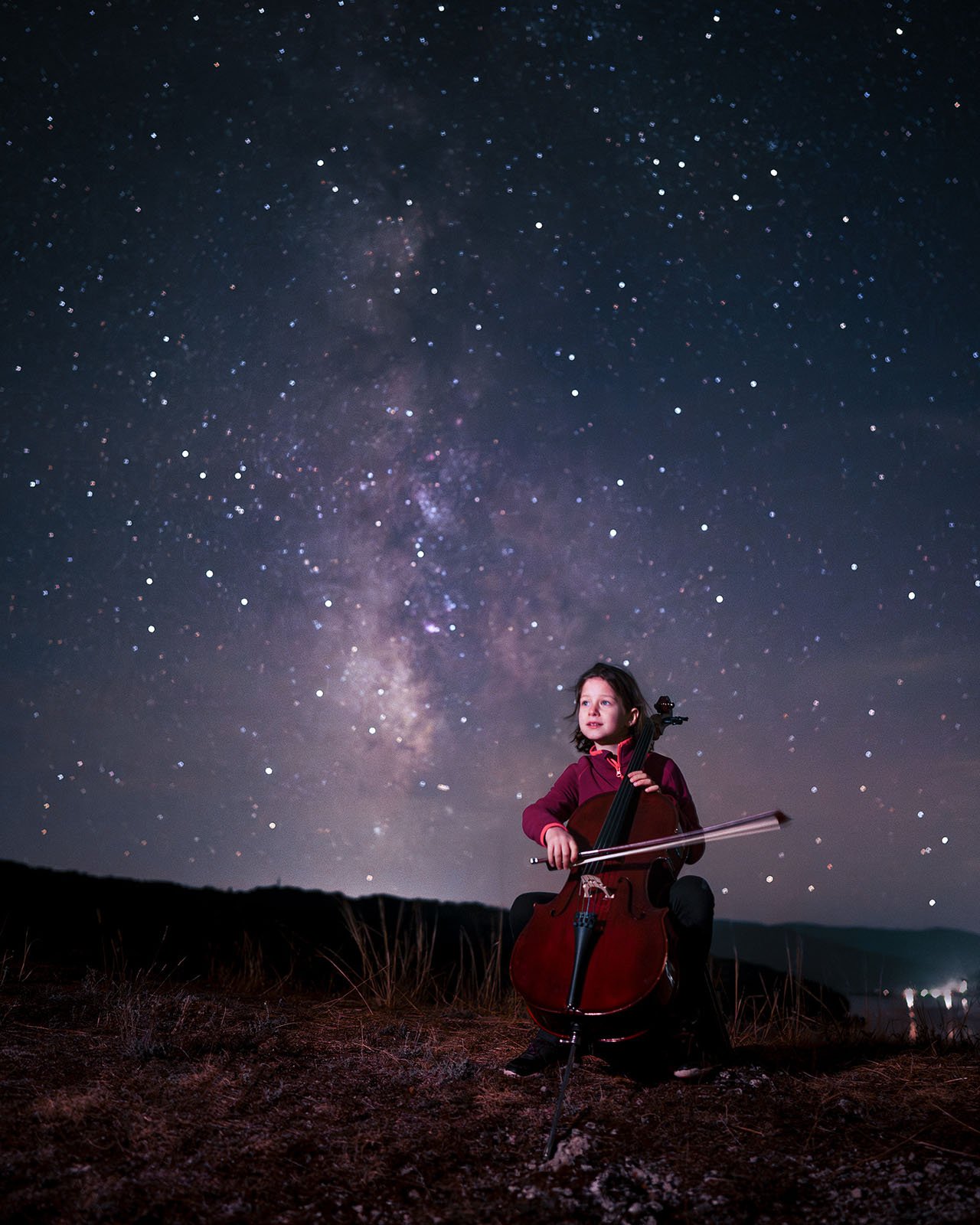
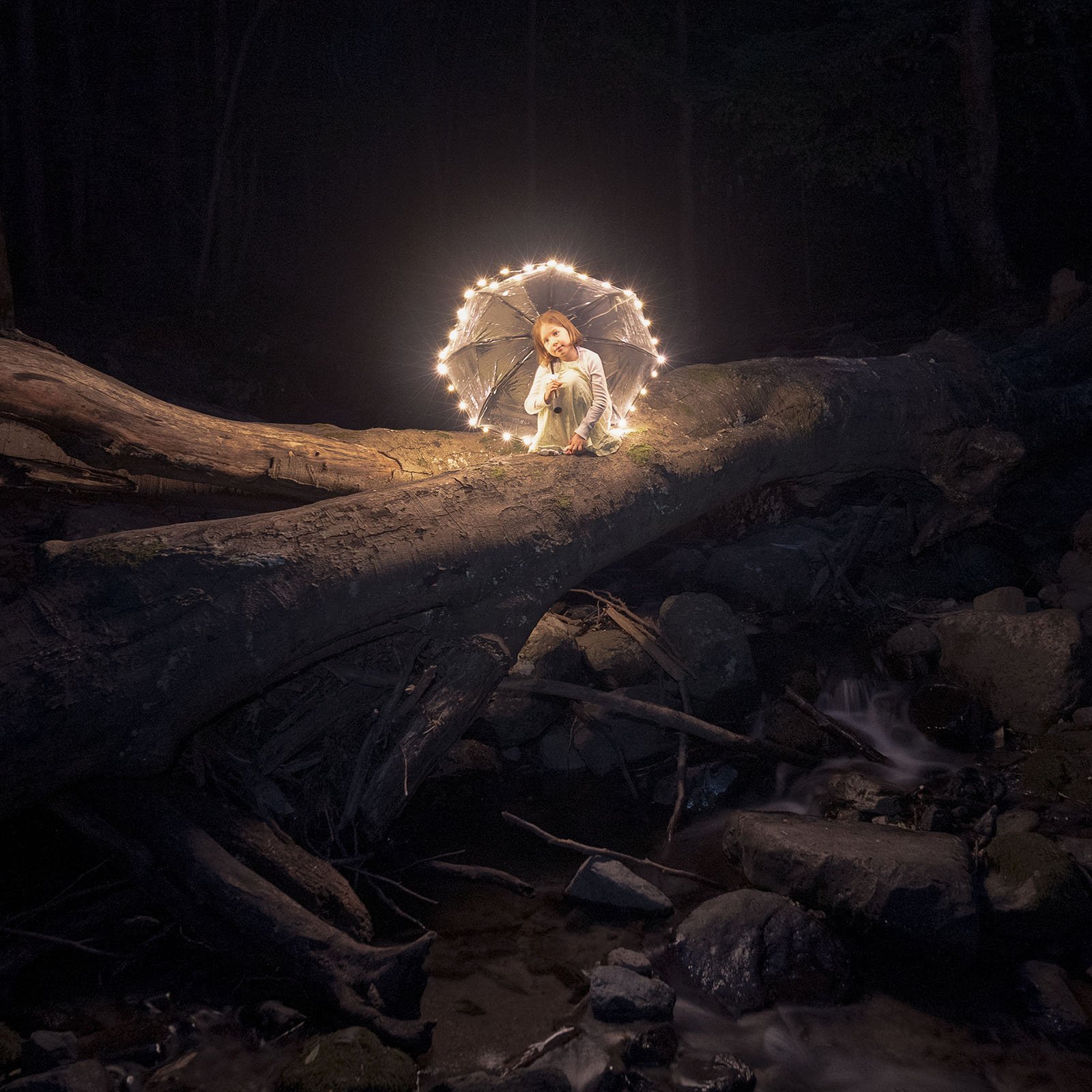
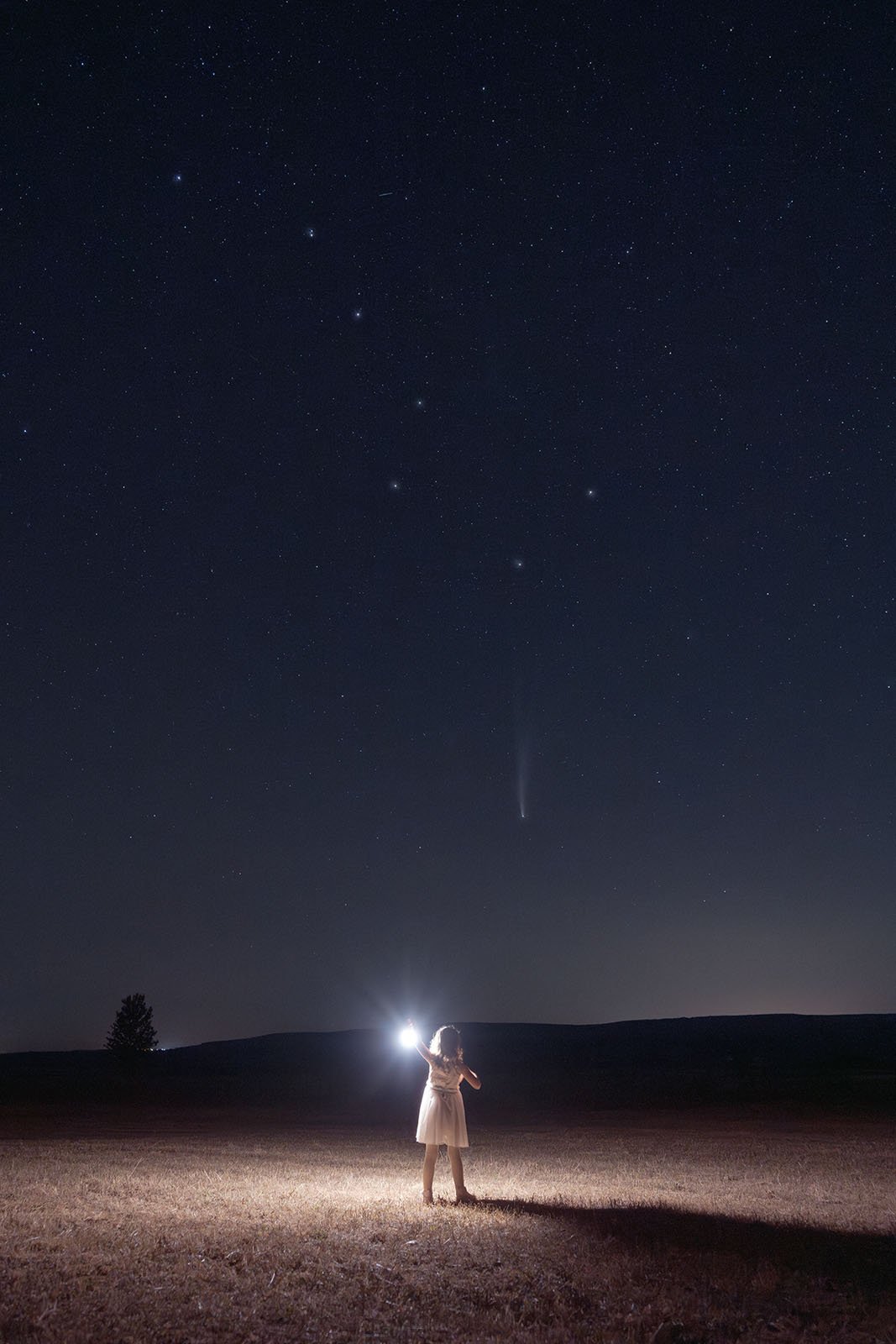
As a landscape astrophotographer, Minkov typically employs various techniques to create his final images, including separately capturing the sky and foreground elements, stacking images, using a star tracker, and blending exposures during post-processing.
“I have always been fascinated by the stars, I can even say that as a child I was in awe of the night sky,” Minkov explains.
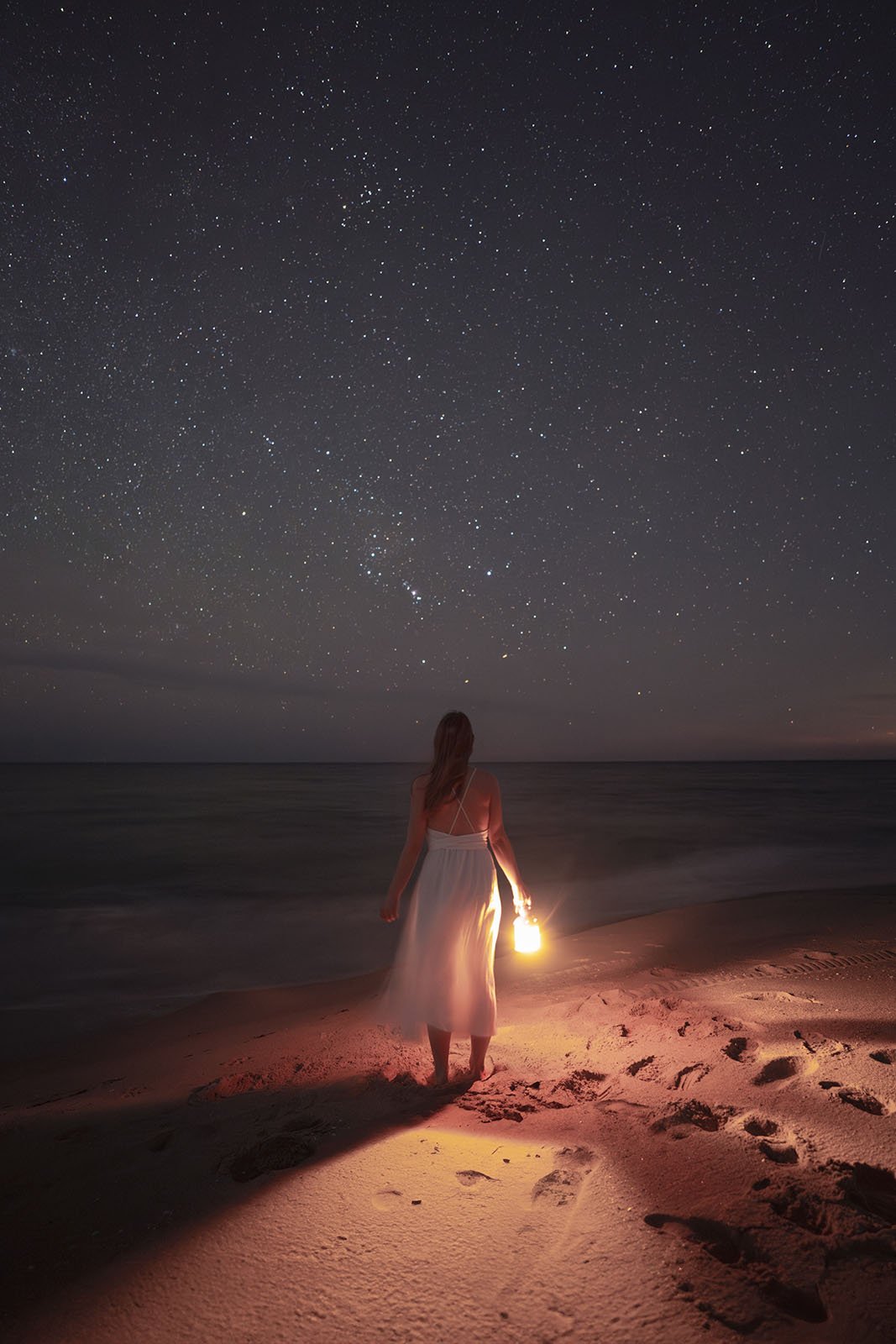
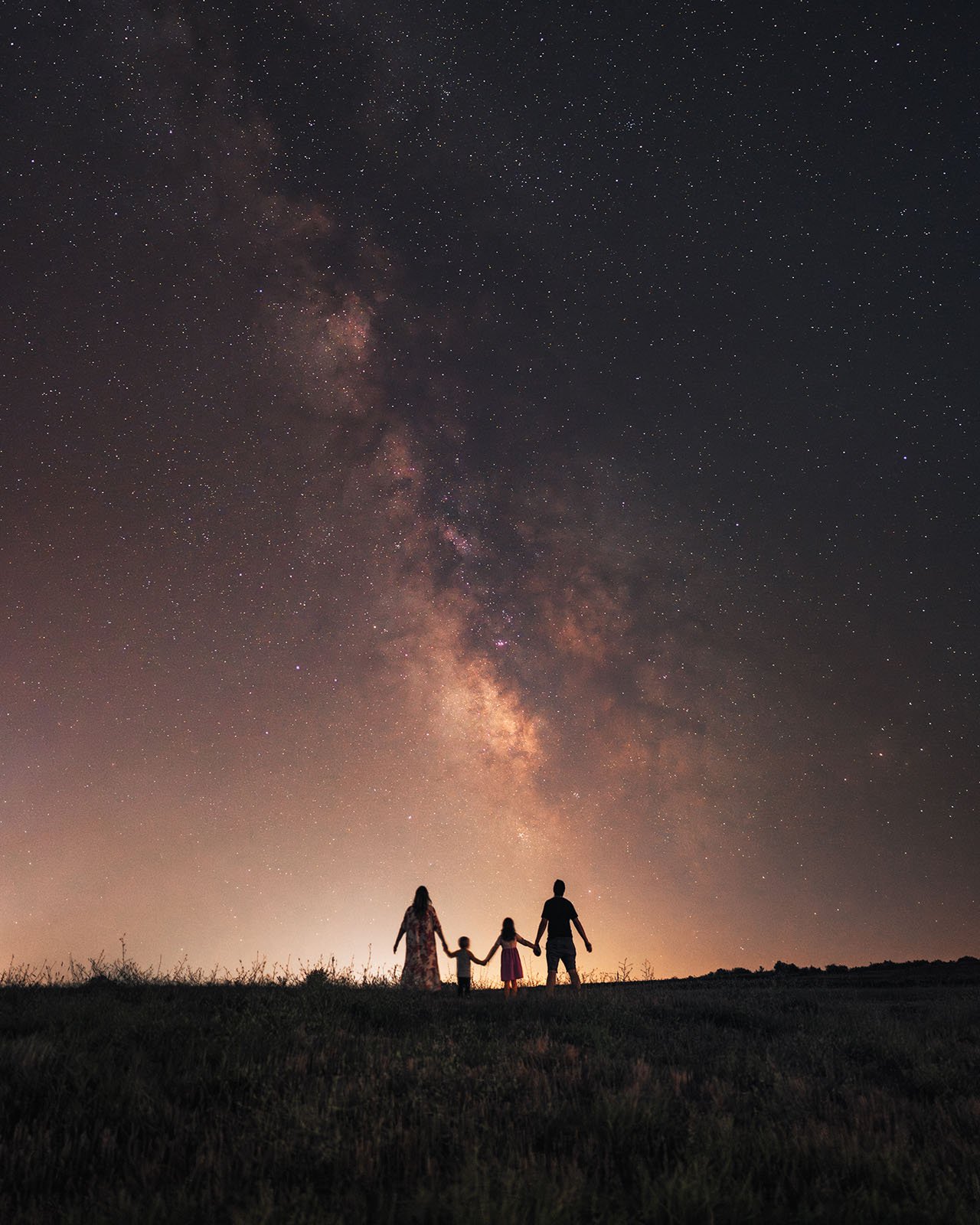
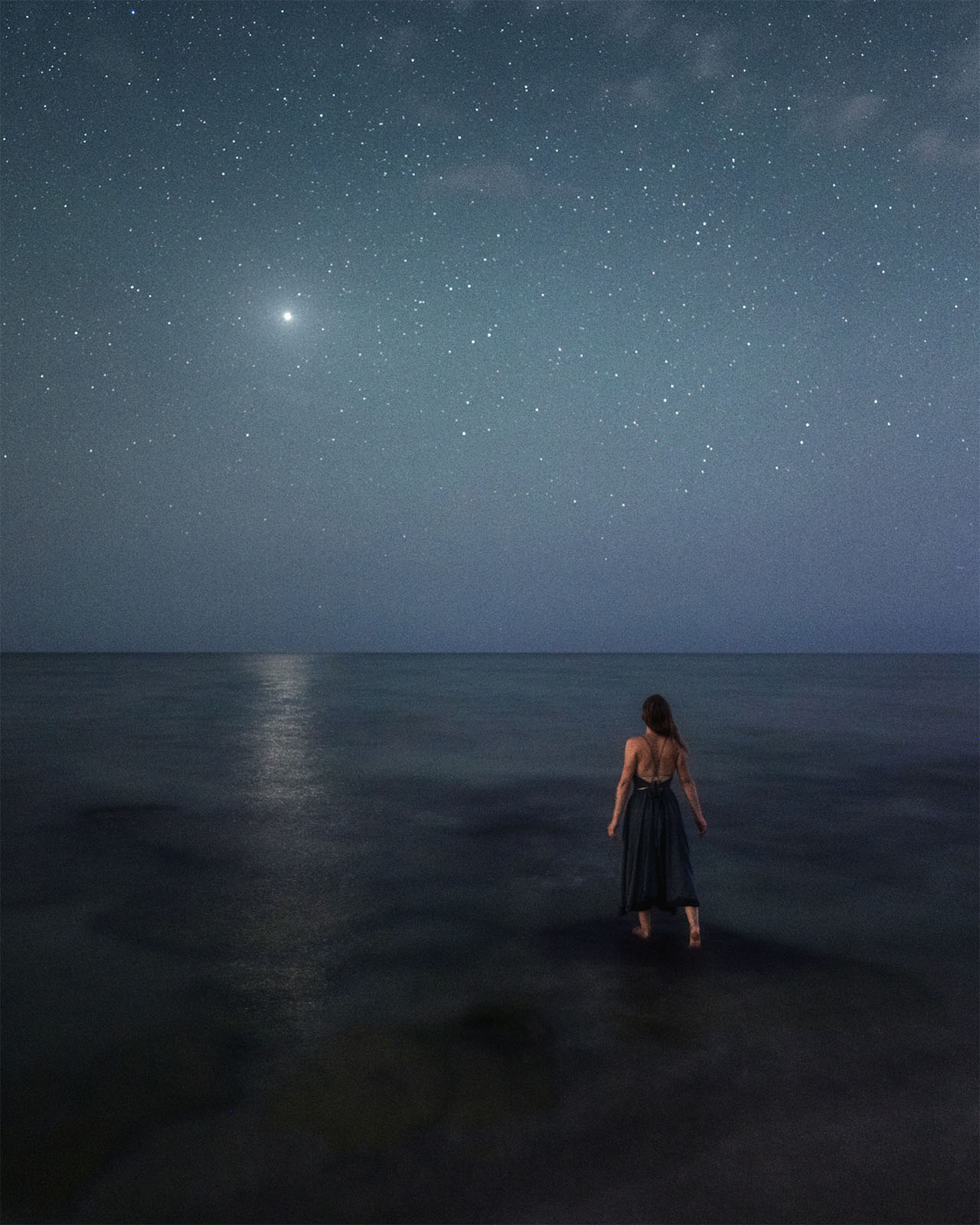
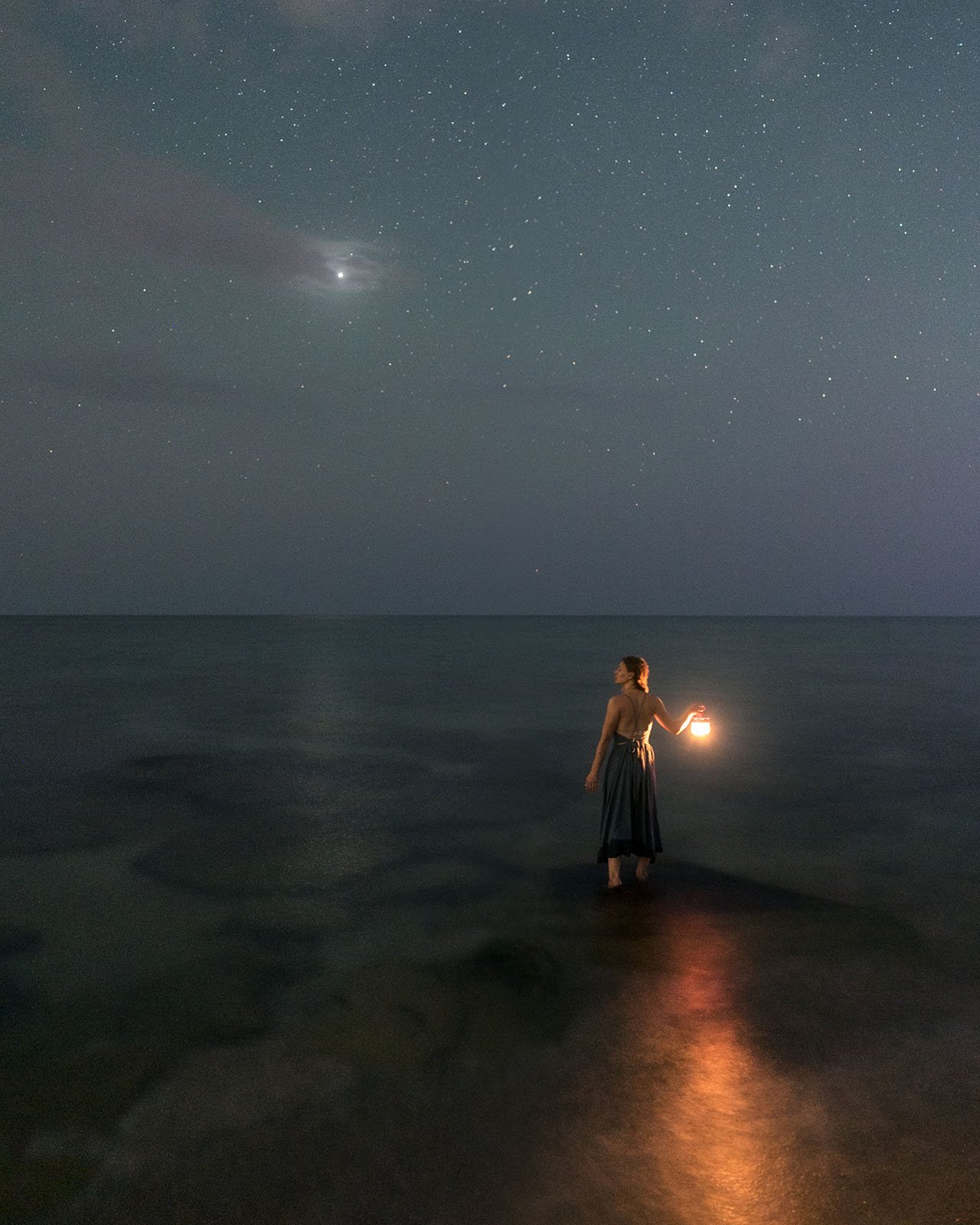
His work has earned Minkov many awards, including as part of Astronomy Photographer of the Year and Milky Way Photographer of the Year competitions.
“However, I’ve often encountered comments from different individuals suggesting that my photography relies heavily on Photoshop, which initially provoked frustration. Over time, as I’ve advanced in my craft, I’ve chosen to focus solely on my passion for the art and disregard negative feedback,” the photographer says.
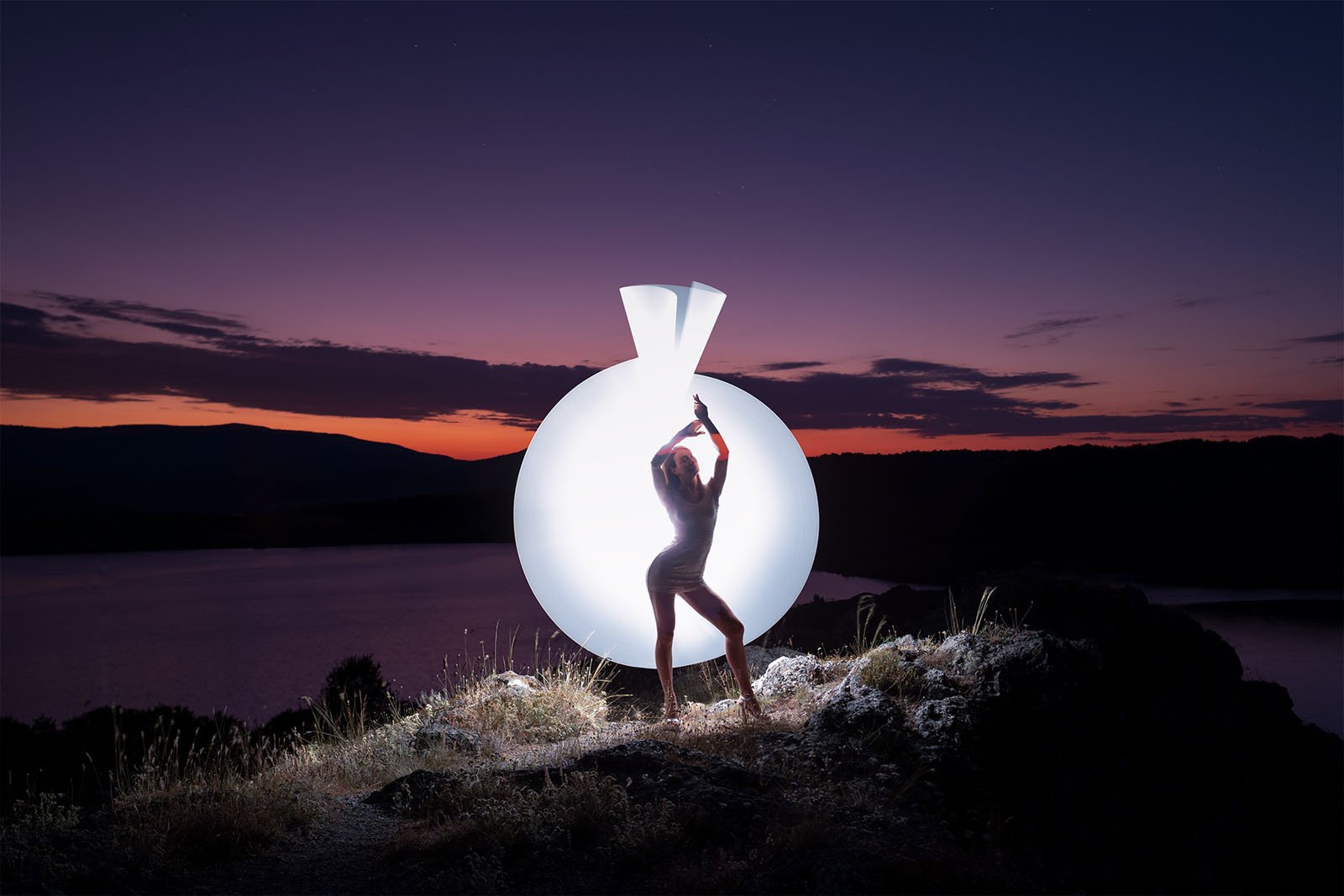
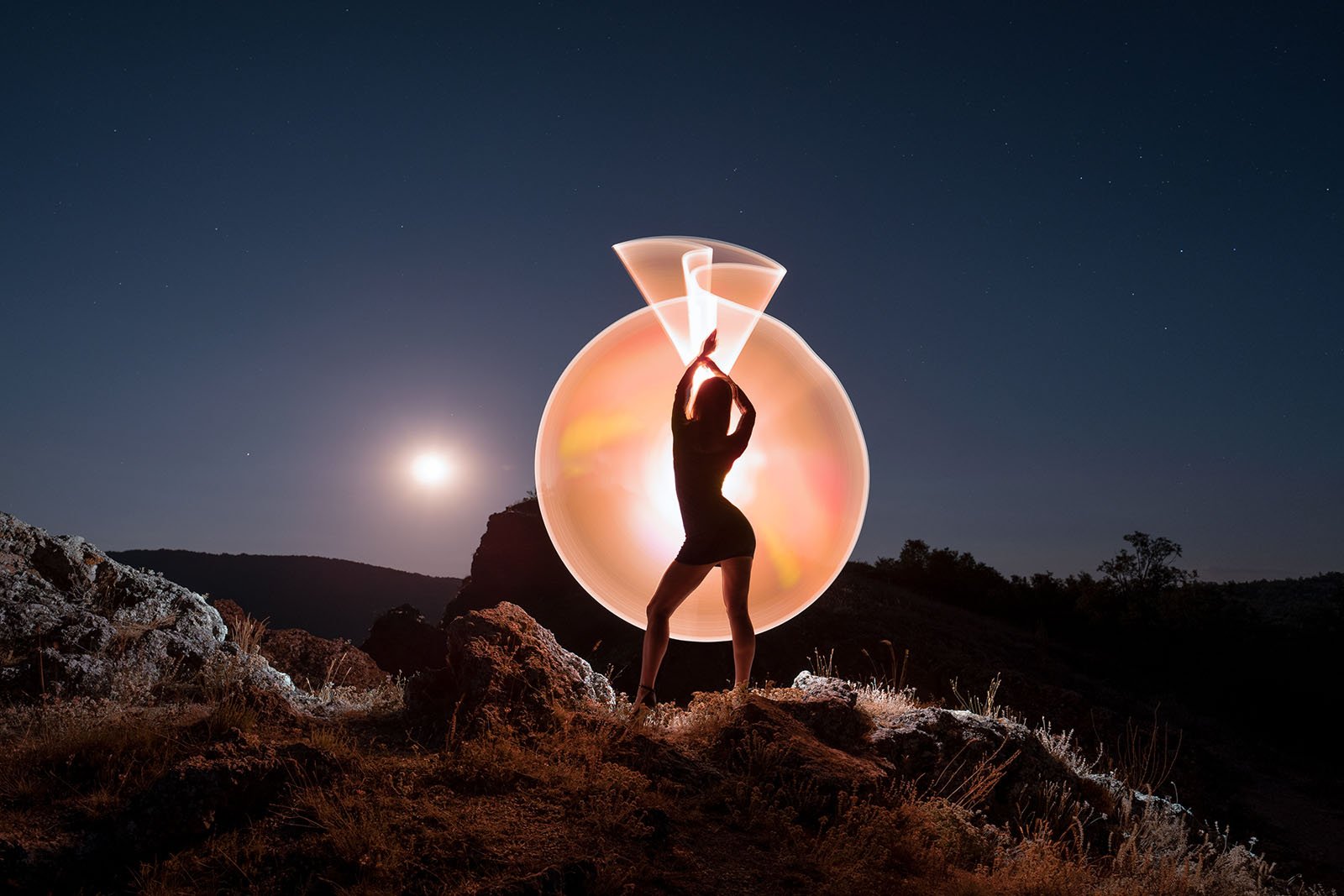
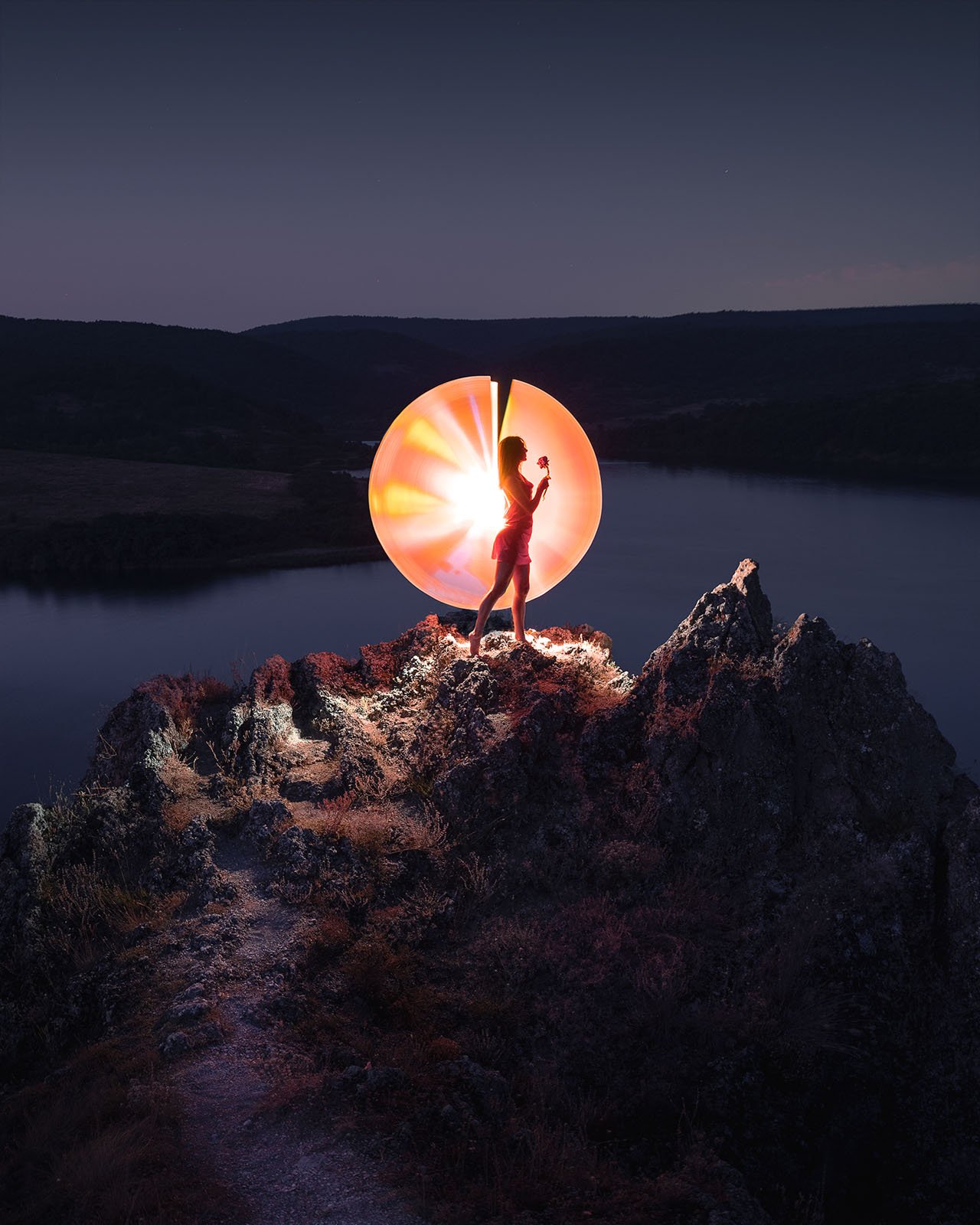
“One of the methods I particularly relish involves single exposures, demonstrating that stunning images can be crafted in a solitary shot, even in night photography,” Minkov explains.
His newest series of single-exposure night portraits often feature a female model, typically Minkov’s wife, daughter, or a friend.
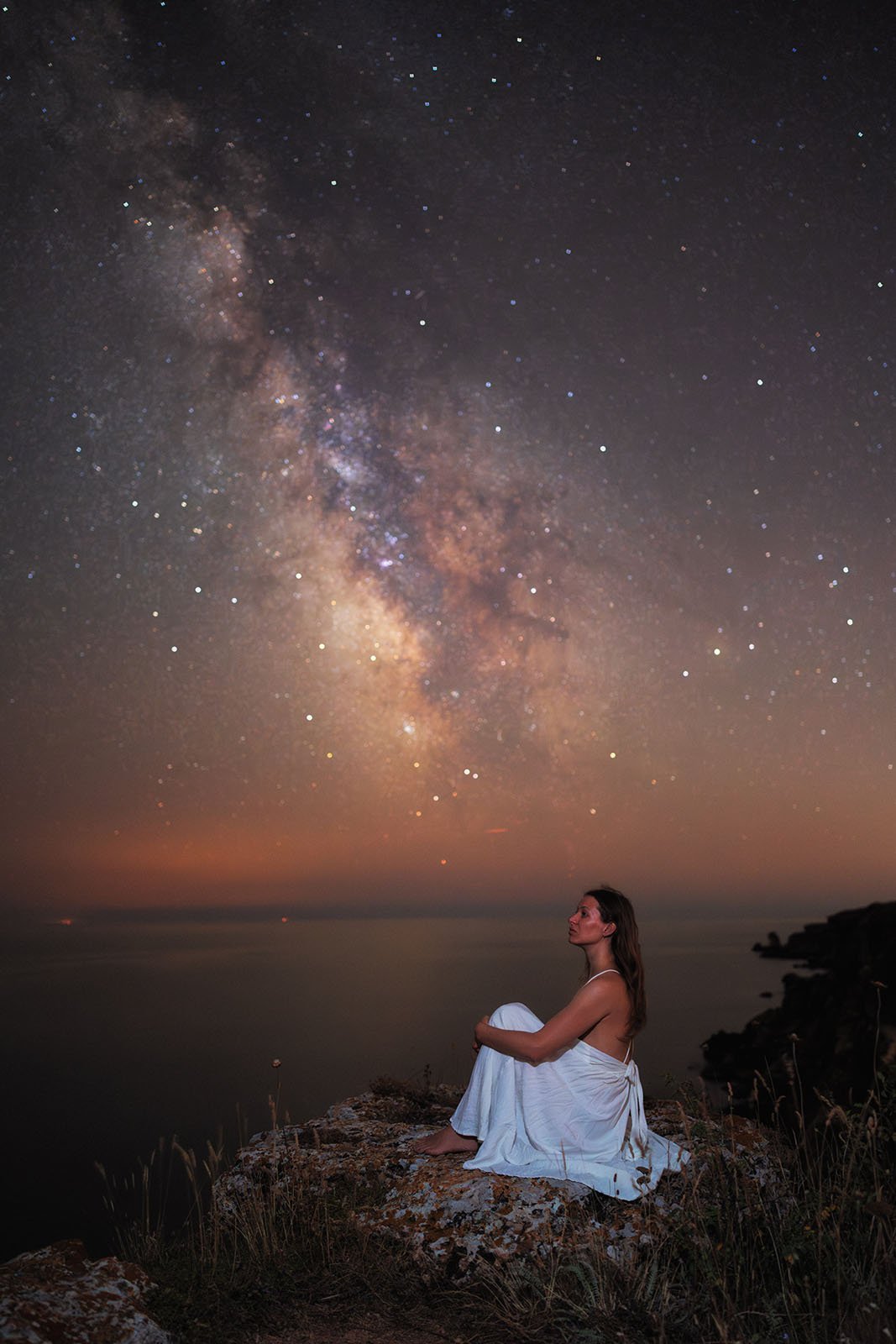
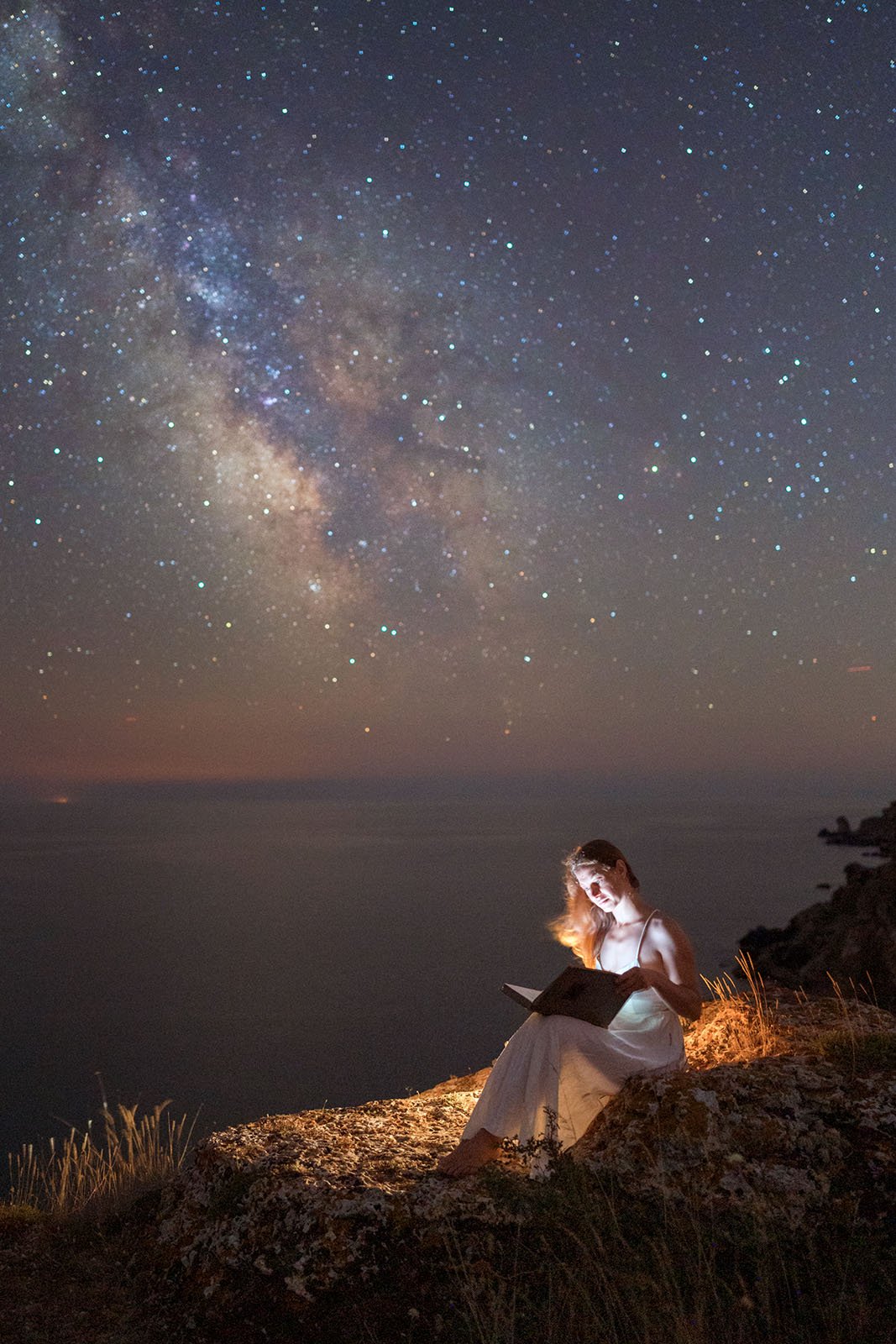
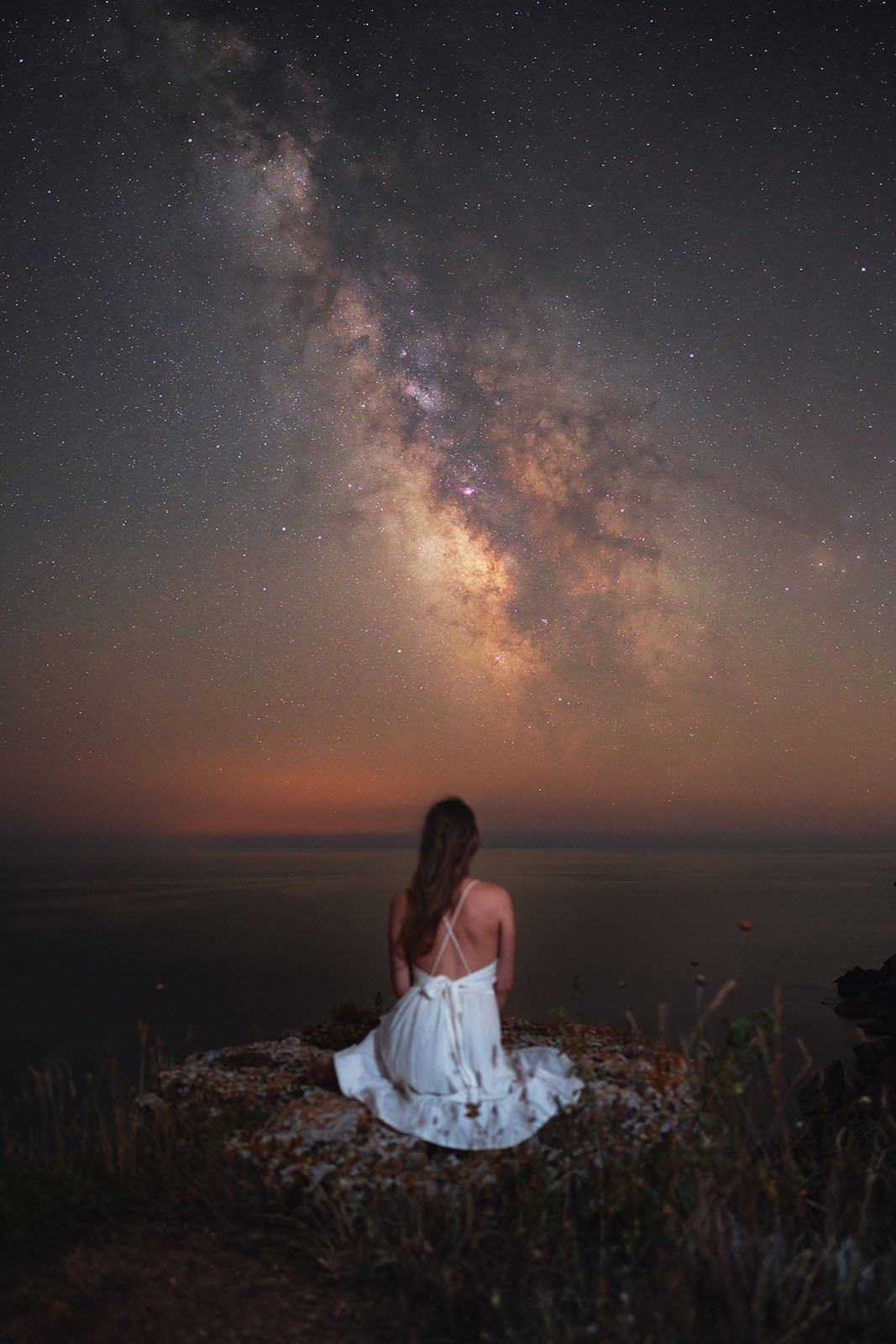
“To me, single exposure images, regardless of the genre, represent a genuine form of photography, devoid of artificial manipulation such as blending or object removal. I simply engage in light editing to enhance colors and contrast in the image.”
Given that his images are single exposures, there are more technical constraints than when creating multiple-exposure images. He shot at f/2.8 or faster, and his subject must be able to remain still for five to ten seconds. Most of the images were shot at exposures between three and 13 seconds using lenses between f/1.4 and f/2.8.
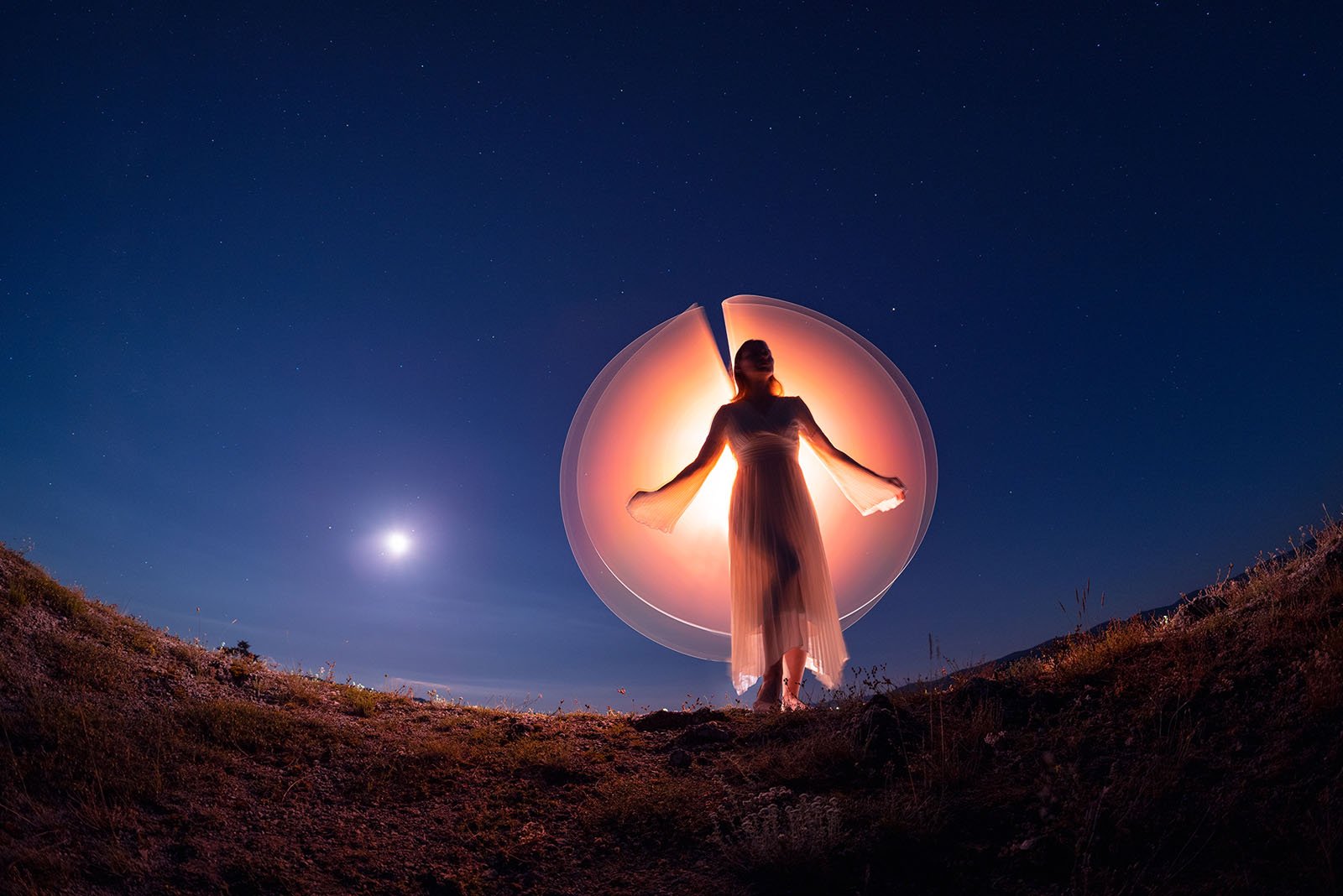
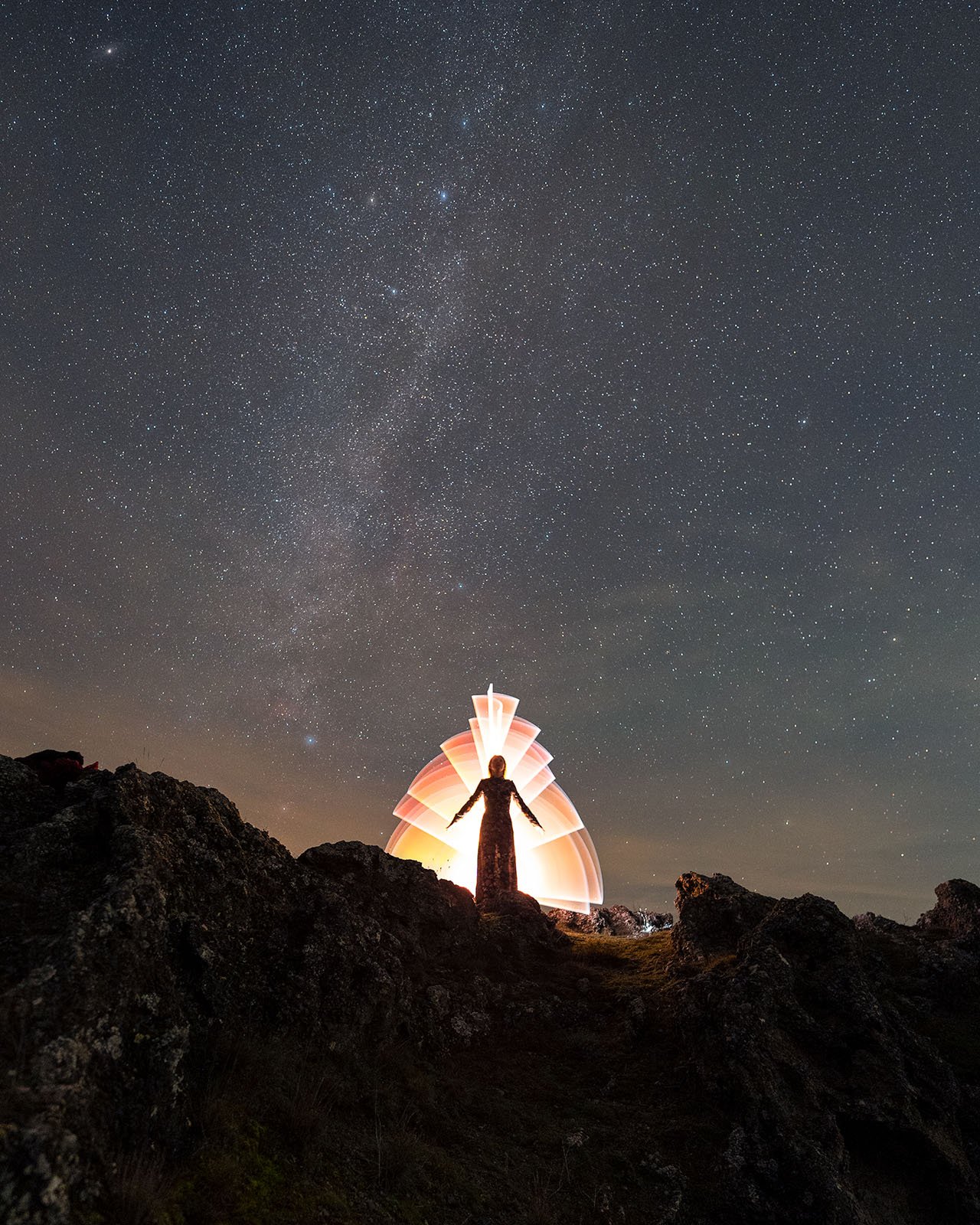
“It’s crucial to keep the ISO below 3200 to preserve dynamic range, as exceeding this threshold significantly compromises image quality. The latest AI denoising technology in Adobe Camera RAW or Lightroom can effectively minimize noise in single exposure shots, provided it’s applied judiciously,” Minkov says.
“The challenge lies in striking a balance between exposure time, ISO, and the subject’s stillness to achieve sharp, crisp portraits.”
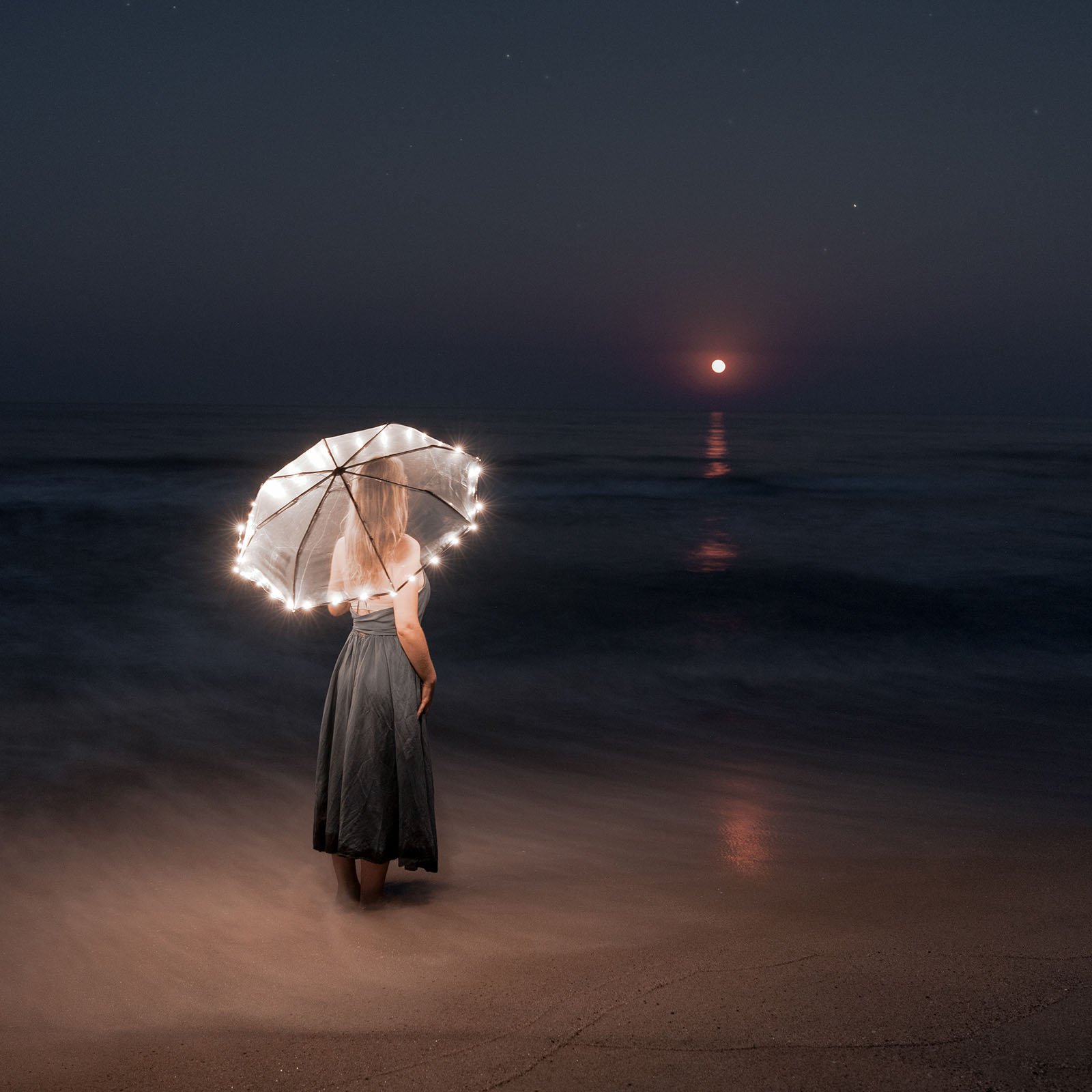
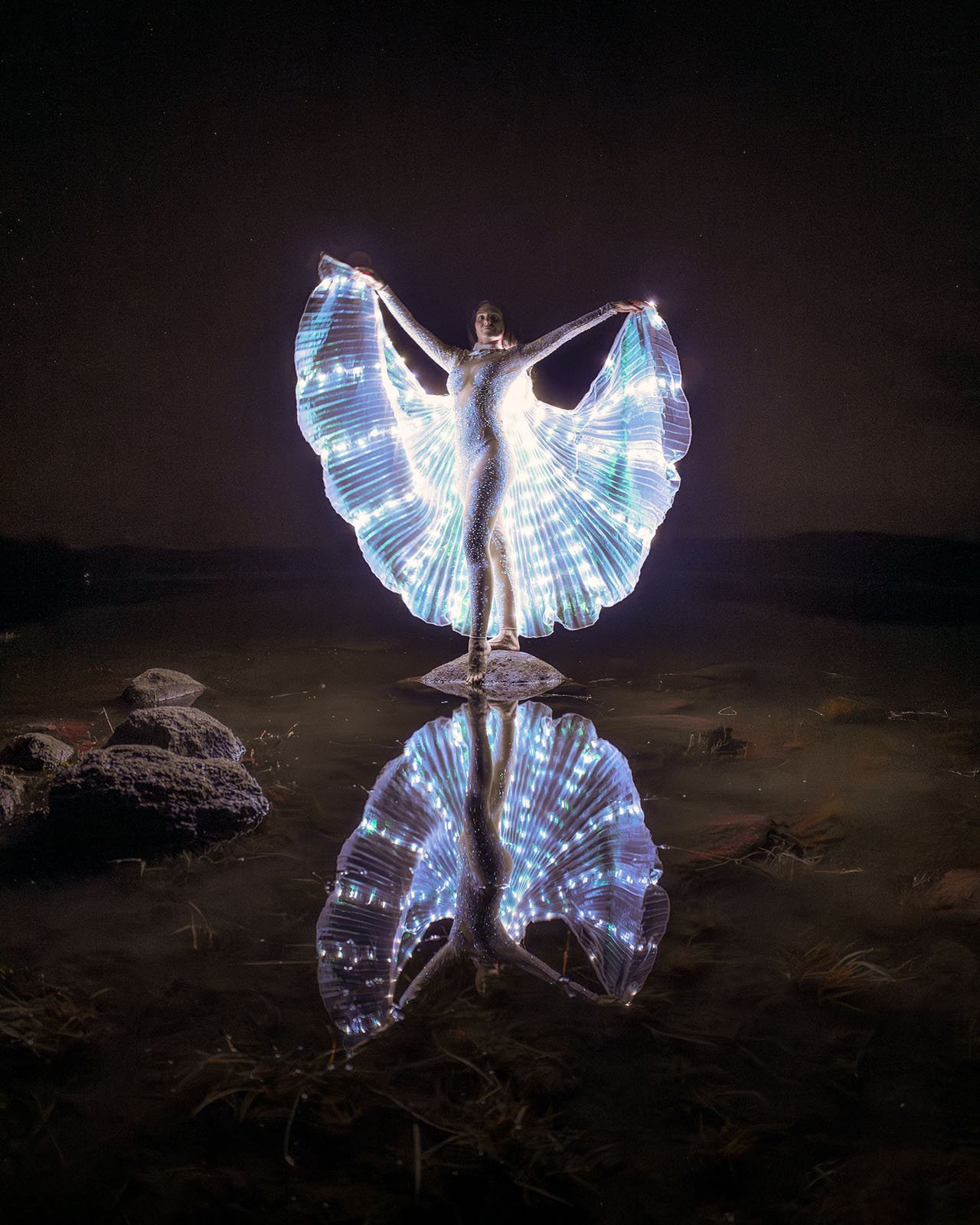
Minkov says that for each shot, he nails the composition in his mind first, and then does some test shots before attempting the final, real photo. He says that preparation is about 80% of the work, and the remaining 20% is shooting.
More of Mihail Minkov’s excellent work is available on his website and by following the photographer on Instagram.
Image credits: All images © Mihail Minkov






